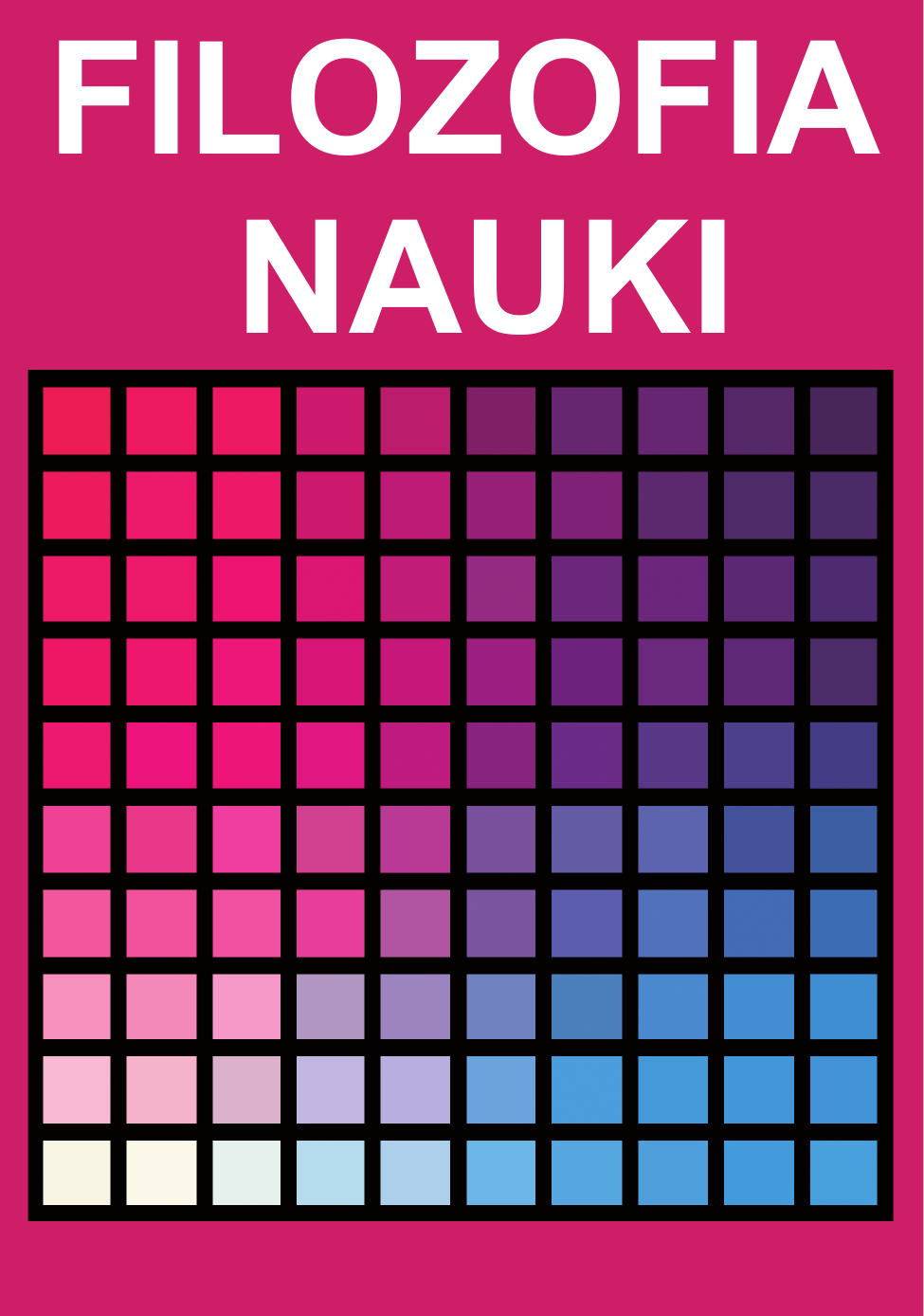Podobieństwa rodzinne i konkretne uniwersalia
Abstrakt
It has been widely recognized that Wittgenstein's theory of family resemblance solved the problem of universals. This theory may be considered in two ways, however. (1) Family resemblance may be understood in a manner of abstract universals theory. Most commentators accept this interpretation. Though in this case, I would argue, Wittgenstein's contribution to the problem of universals seems to be overestimated. (2) Wittgenstein's theory may also be considered, following one of contemporary Polish philosophers J. Szymura, as a view connected with the Hegelian theory of concrete universals. The article is devoted to put forward some arguments for this interpretation. Firstly, it is coherent with all Wittgenstein's theses on family resemblance and states that there is literally nothing common in things. Secondly, it fits to Wittgenstein's language (terms such as "family", "Ähnlichkeit" and so on). Thirdly, there are some biographical pieces of evidence that Wittgenstein was inspired by Goethe's concept of "Urpflanze", which is very close to concrete universal.















 Filozofia Nauki | ISSN 1230-6894 | e-ISSN 2657-5868
Filozofia Nauki | ISSN 1230-6894 | e-ISSN 2657-5868